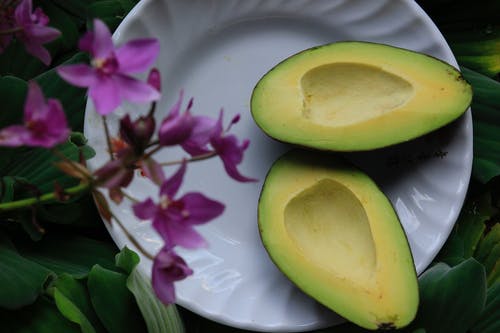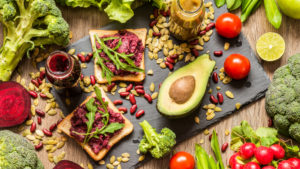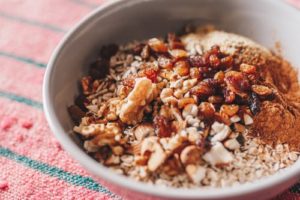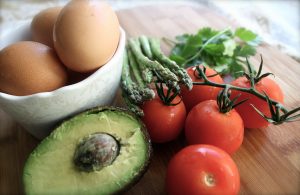Coenzyme Q10 – What’s The Use?

Benefits of Coenzyme Q10
A coenzyme Q10 is an integrated material, commonly publicized as a supplement, present in our body and even in certain foods. It is an essential part of the production of energy in the body, but certain forms of medicine and even old age can inhibit its presence.
Benefits of coenzyme Q10
1. CONTROL OF CHOLESTEROL AND TRIGLYCERIDES
A survey of 80 Iranian women, all with type 2 diabetes, examined the effects of coenzyme Q10 in 2018. For 12 weeks, 36 participants were given 100 mg of the substance daily, with the other 44 women getting the placebo. The research showed that there was a decrease in insulin resistance, ferritin, total cholesterol , and LDL cholesterol in the community that received the nutrient, while HDL cholesterol increased significantly.
In addition, the level of triglycerides in the blood also decreased in the group receiving the supplement.
2. IMPROVED SYMPTOMS OF DEPRESSION IN THOSE WITH BIPOLAR DISORDER
Bipolar disorder has also been the subject of a study of coenzyme Q10 tests. There was an increase in symptoms of depression after eight weeks of therapy with coenzyme Q10 (200 mg daily), according to work in Iran. The study was conducted on 69 patients with a depressive episode associated with bipolar disorder.
At the beginning of the study, after the fourth week and, eventually, in the eighth week of the study, the degree of depression of the participants was measured based on the depression rating scale (Montgomery-Asberg).
3. ANTI – OXIDANT ACTION
Researchers studied the impact of coenzyme Q10 supplementation on oxidative stress and the function of antioxidant enzymes in 2019.
The research was performed with volunteers who were exposed to toxic cadmium, a form of metal that is hazardous to our health. Compared to placebo, coenzyme Q10 supplementation with 120 mg daily suggested a substantial decrease in oxidative stress and an improvement in the activity of antioxidant enzymes, such as superoxide dismutase and glutathione peroxidase.
Complications associated with coenzyme Q10 deficit?
It was noticed that reduced levels of this coenzyme are associated with fatigue, lack of muscle strength, heart problems and, given its antioxidant role, its deficit is also associated with increased oxidative stress, accelerating the aging process and the appearance of degenerative pathologies.
Where can we find it?
The endogenous production of this coenzyme tends to decrease with advancing age. Thus, it is important that it is obtained externally, namely through certain food sources, in order to compensate for this deficit.
SOME OF THE FOODS RICH IN Q10:
* Meats in general are the main source of this vitamin. However, even if without restrictions, prefer lean meats such as turkey and chicken, always paying attention to the way you cook them;
* Fish rich in fatty acids, such as omega 3 and omega 6, are essential to obtain a good supply of Q10. So, choose fish like sardines, salmon, mackerel and tuna;
* Peanuts, walnuts, Brazil nuts and Brazil nuts are also a good choice;
* Wholegrain bread and whole grains must also be included in the diet;
* Green leafy vegetables like broccoli and spinach are excellent options.
* Soy and derivatives, as well as tofu, which is a 100% vegetable protein;
* Avocado.










